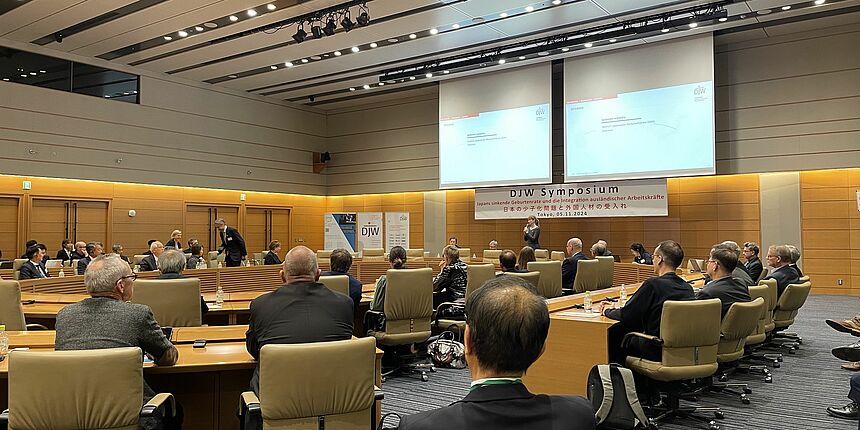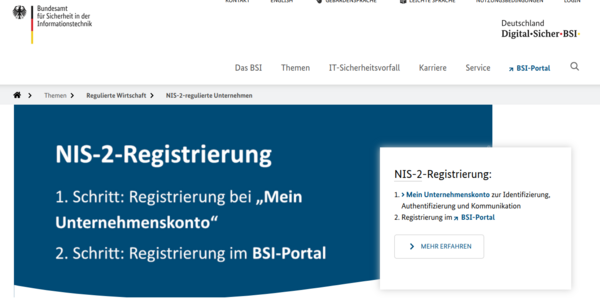DJW Symposium 2024: Japan’s Declining Birthrate and Acceptance of Foreign Talent

This year, the Deutsch-Japanischen Wirtschaftskreis (DJW) held its symposium once again in the conference rooms of the House of Representatives in Tokyo, and four members of Enobyte took part. The theme of this year’s symposium was: “Japan’s Declining Birthrate and Acceptance of Foreign Talent.”
The symposium began with opening remarks by DJW Chairman Gerhard Wiesheu and a welcome address by Petra Sigmund, Ambassador of the Federal Republic of Germany to Japan. Following this, Professor Toshihiro Menju, Visiting Professor at Kansai University, delivered the keynote speech on "Japan's Immigration Policy." He highlighted that Tokyo is currently the only region in Japan where the population is increasing, while the number of Japanese citizens declined by about 870,000 last year. Professor Menju predicted that the percentage of foreign residents in Japan will grow faster than current government estimates if the current pace of accepting foreign workers continues. He also pointed out that living together with foreign residents is an inevitable part of Japan's near future.
Japan faces the societal challenge of a declining labor force caused by an aging population and low birth rates. Despite the lack of an official definition of "immigration," the country continues to accept more foreign workers. This highlights the urgent need for Japan to seriously consider coexisting with foreign residents.
Next, Dr. Megumi Tamura Yuki from Gunma University presented his work on solving employment challenges for foreign workers in Gunma Prefecture. He pointed out that while the job offer rate for Japanese university students is very high at 98%, foreign students struggle with a job offer rate below 50%, mainly due to difficulties understanding Japan's unique job-hunting system. To address this, Gunma University has implemented the "Global Hataraku-Class Gunma" (GHKG) project, an educational program designed to help foreign students settle and find jobs in the region. Impressively, 97% of students who completed the program successfully secured employment. This presentation underscored the importance of building support systems for foreign students who wish to work in Japan.
Finally, Kazufumi Watanabe, Executive Vice President and Executive Officer at SOMPO Holdings, delivered a presentation on "Japan's Relationship with ASEAN Countries." He noted that the dynamics between Japan and ASEAN countries have changed and that Japan has not fully utilized ASEAN labor resources due to language barriers and visa challenges. Watanabe further observed that many ASEAN countries are still developing and may face challenges like Japan’s aging population in the future. He suggested that Japan should play a role in training and developing talent from ASEAN so that they can apply their knowledge in their home countries.
After the panel discussion, a lively Q&A session was held with the speakers and participants, leading to engaging discussions. The symposium concluded with a summary of the discussions and outcomes by DJW Vice Chairman Mr. Narukawa. This marked the end of the DJW Symposium 2024.
Afterward, a reception was held in the grand hall, where we had the opportunity to engage in meaningful conversations with the speakers and participants.
We look forward to the DJW Symposium in 2025!


